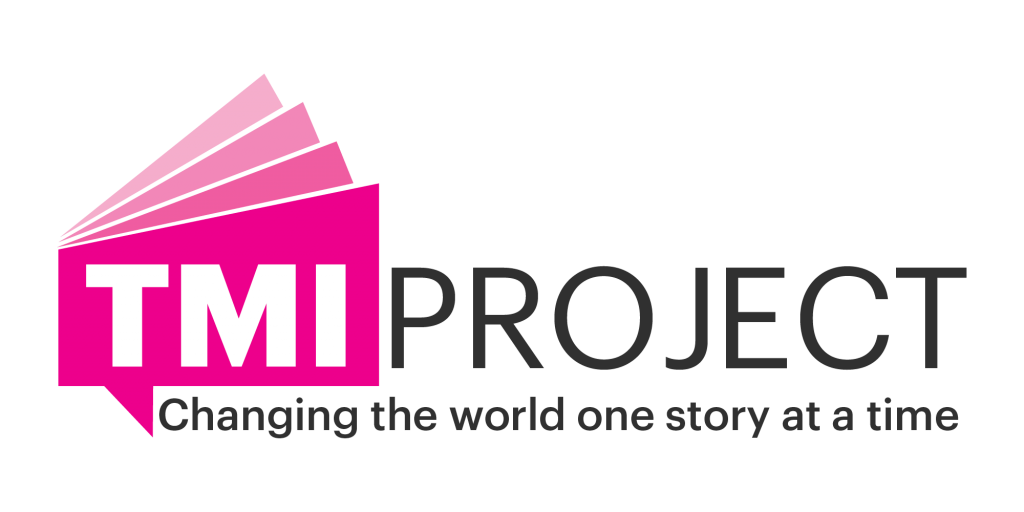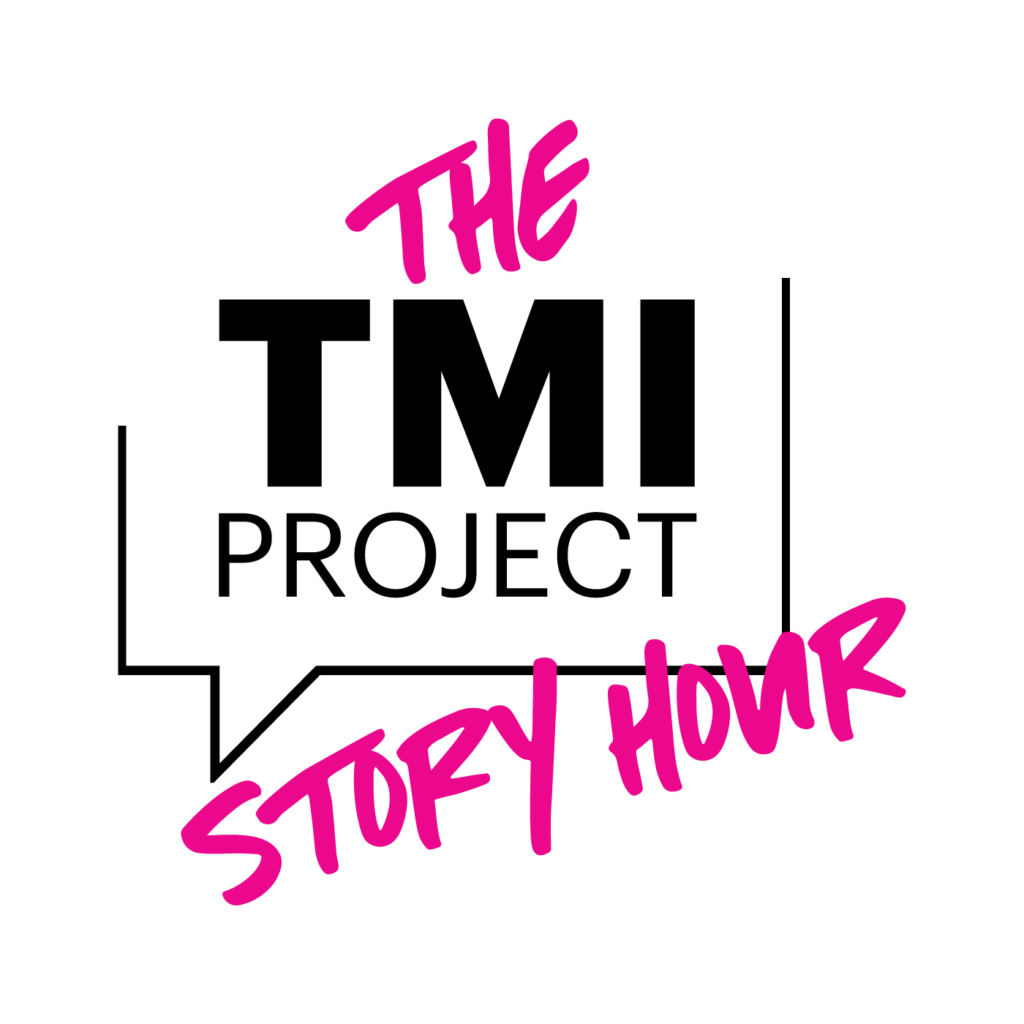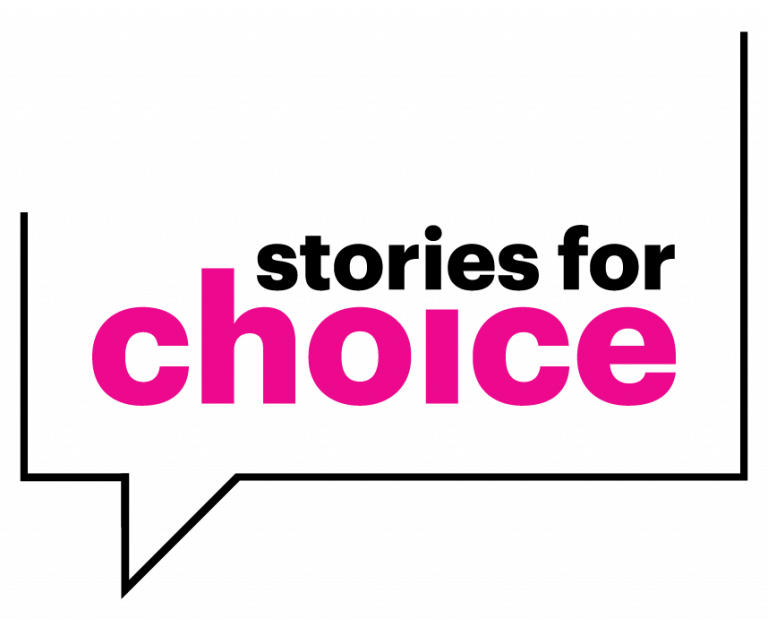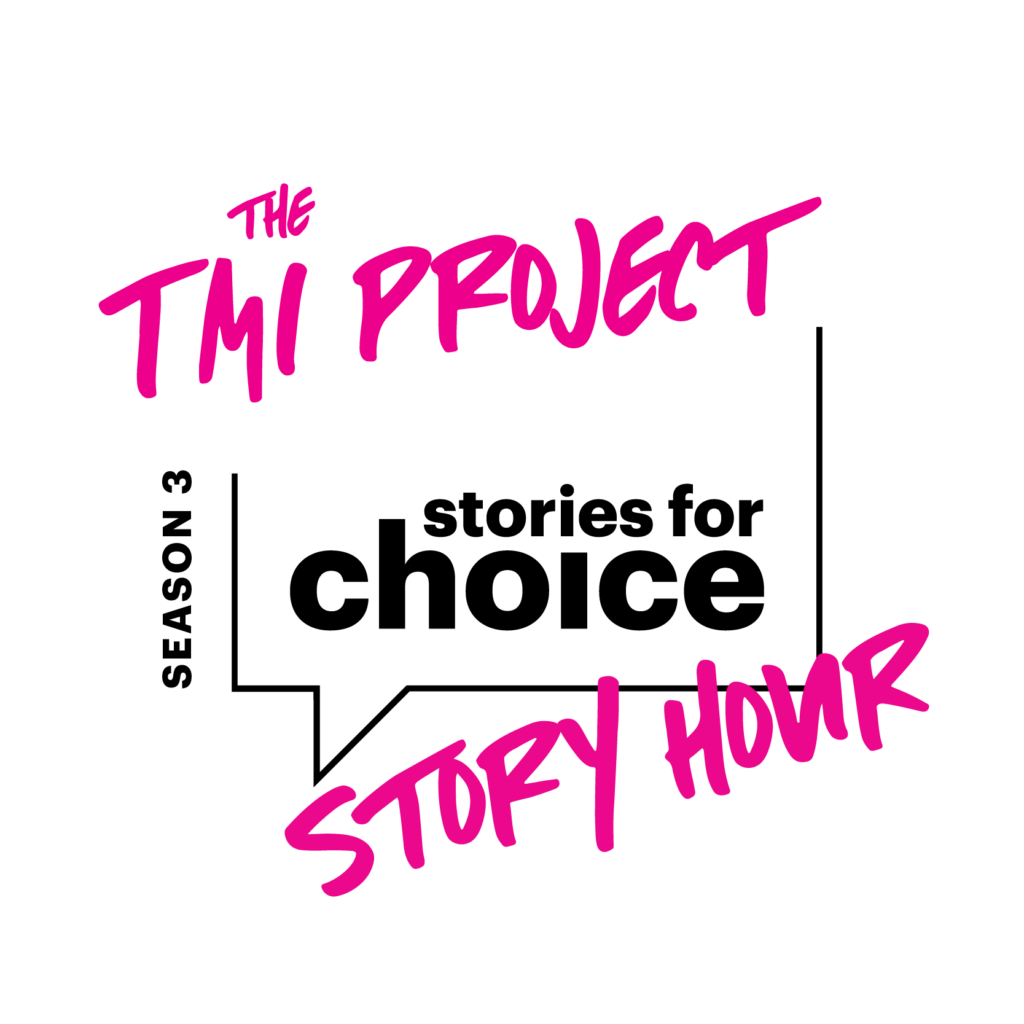
Podcast Press Kit
Contact for press inquiries:
Laura Marie Ruocco | laura@tmiproject.org
TMI Project | 65 Saint James Street, Kingston, NY 12401

The TMI Project Story Hour launched in April of 2020. Since then, the podcast has appeared twice on Apple’s New & Noteworthy and has been featured on Spotify and Pandora. In 2023, The TMI Project Story Hour was given the highest honor at International Women’s Podcast Awards, taking home the award for Changing the World One Moment at a Time; and received recognition at Sonic Bloom Awards for Gender Justice and Voice of the People.
Season 3: Stories for Choice
On Season 3 of The TMI Project Story Hour: Stories for Choice, host Eva Tenuto profiles some of our favorite storytellers, all of whom share radically true stories to fight for reproductive justice. Choice and true reproductive justice is not just about abortion rights; it’s about comprehensive, safe, accessible reproductive healthcare for all, and the resources to support whatever choice they choose. We pair this body of work with a customized listening and discussion guide filled with writing prompts and post-listening action items you can take today. Join us as we take a deeper dive and share the stories behind the secrets, and what happened next.
Season 3 Host:

Eva Tenuto
“One of the most rewarding parts of working at TMI Project is seeing what storytellers look like when they step off stage. It often looks like they’re floating out of the theater. They look taller; lighter. It’s as if something has truly been lifted. To be able to witness that over and over fills my spirit. I can’t think of anything else I’d rather do.”
Eva Tenuto is the co-founder and executive director of TMI Project. Since 2010, Eva has brought the true storytelling organization from her living room to the United Nations, and many places in between. TMI Project stories are now being listened to worldwide on the award-winning podcast, The TMI Project Story Hour. Eva is the editor and director of multiple solo shows, one of which was awarded Best Comedic Script in the United Solo Festival. Her award-winning docu-short, Vicarious Resilience, celebrated its world premiere at The Woodstock Film Festival. Her second docu-short, Locker Room Talk, debuts in 2024. Her essays have appeared in assorted anthologies and at Longreads.com.
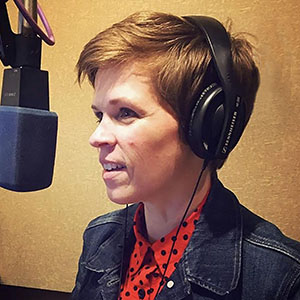
Season 3 Storytellers:
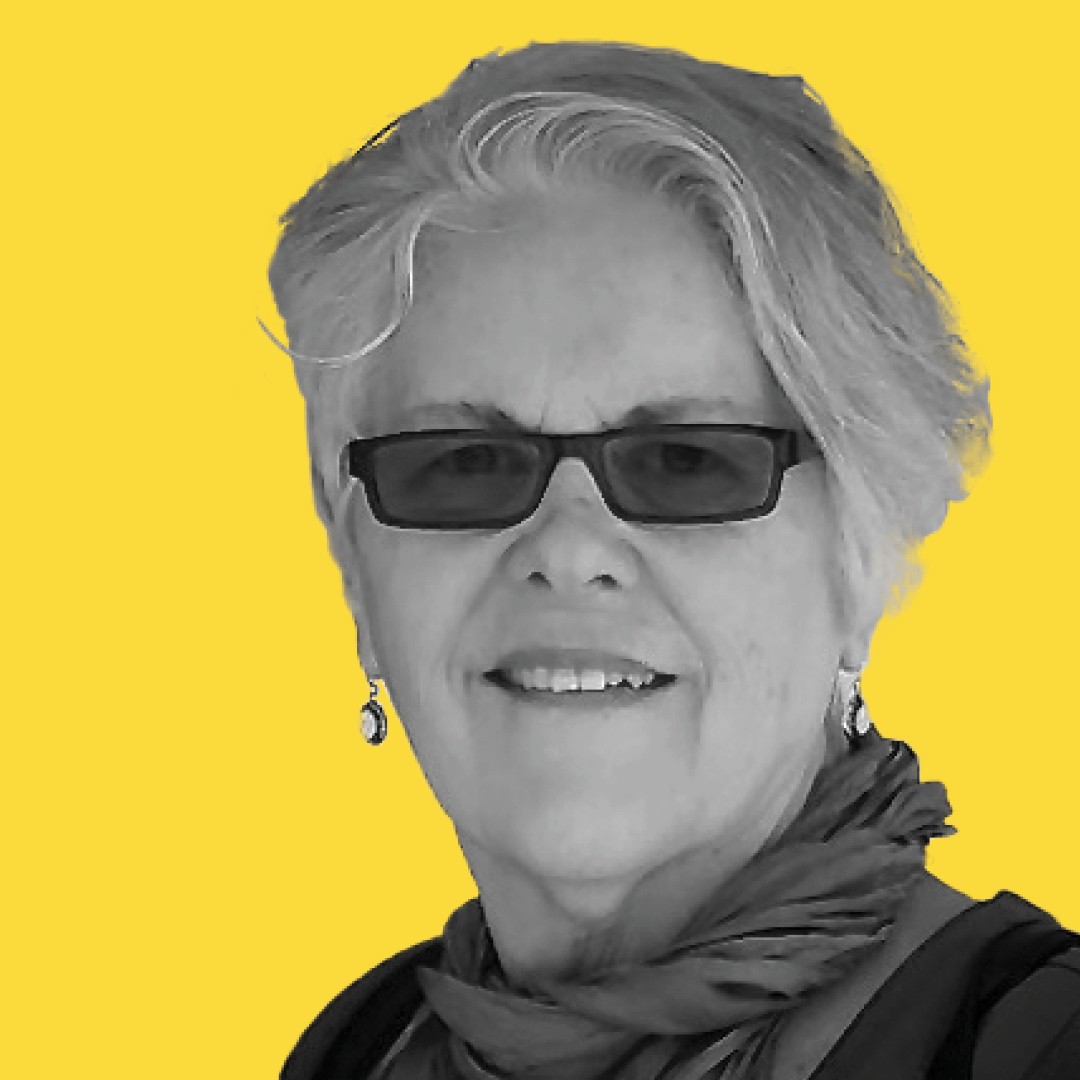
TMI Project co-founder, Eva Tenuto, launches Season Three with a story close to home. The first episode features Eva’s mother, Alice Tenuto. Tune in and discover how Alice’s story for choice impacted Eva growing up, and in many ways inspired the start of TMI Project, launching a movement of ridding ourselves of secrets and shame by sharing our true stories with the world.
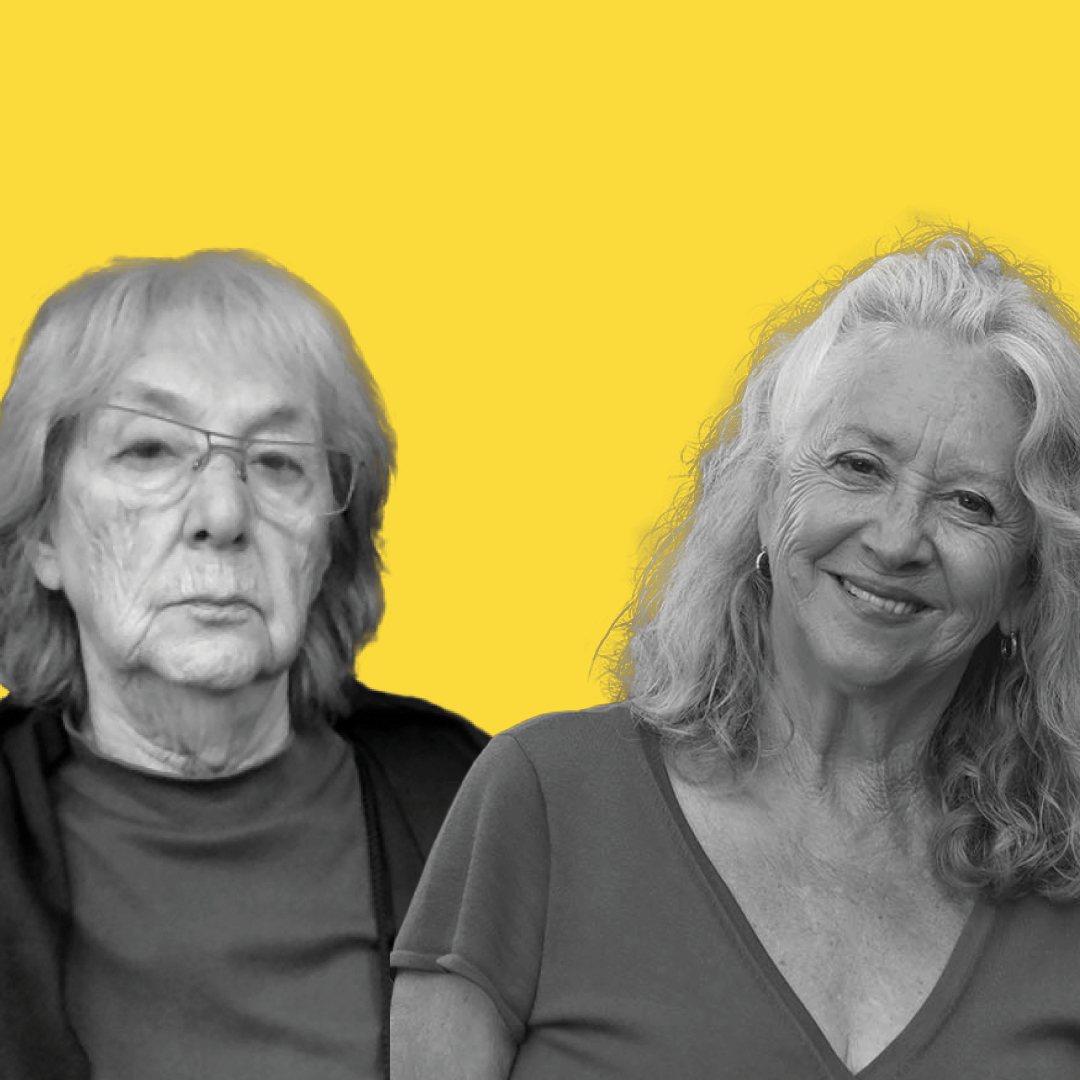
Betty and Mourka share parallel stories detailing their pre-Roe v. Wade abortion experiences. Though details of their experiences differ, they both agree they are The Lucky Ones to have survived to tell their story. It’s up to us to listen. We won’t go back.
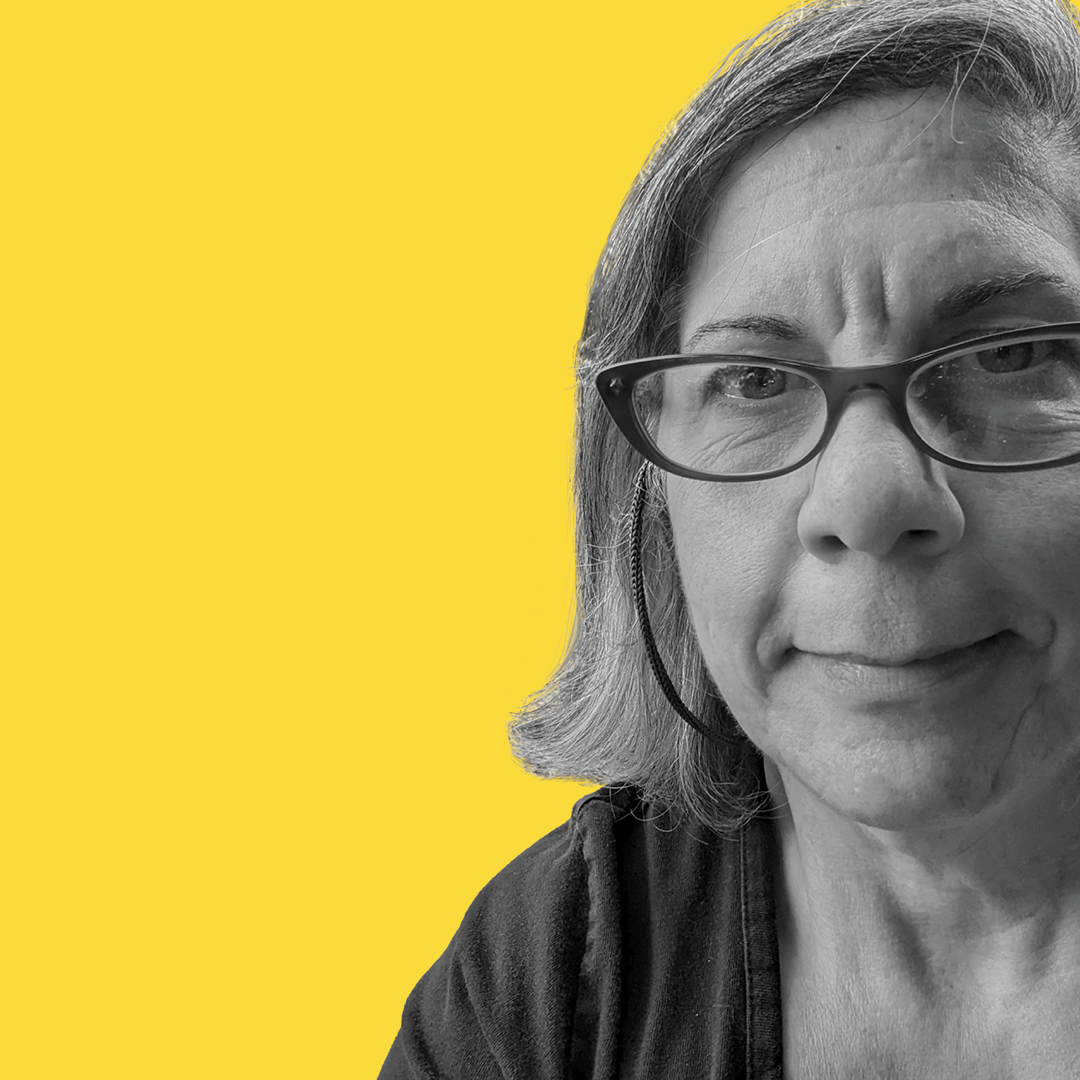
Growing up without much sex education, Antoinette had to learn for herself how to enjoy her body and keep herself safe. So as a mom, she vowed to be a resource on healthy and pleasureable sex. But Antoinette wasn’t prepared for the flood of emotions that she would experience when it actually came time for her teenage daughter to put that information to good use!

Ilyse has never told her mom that her husband, Cameran, is transgender. Now, in her 2nd trimester, she has to break the news that she is pregnant, and explain why her journey to pregnancy is not exactly the one her mother might have expected.
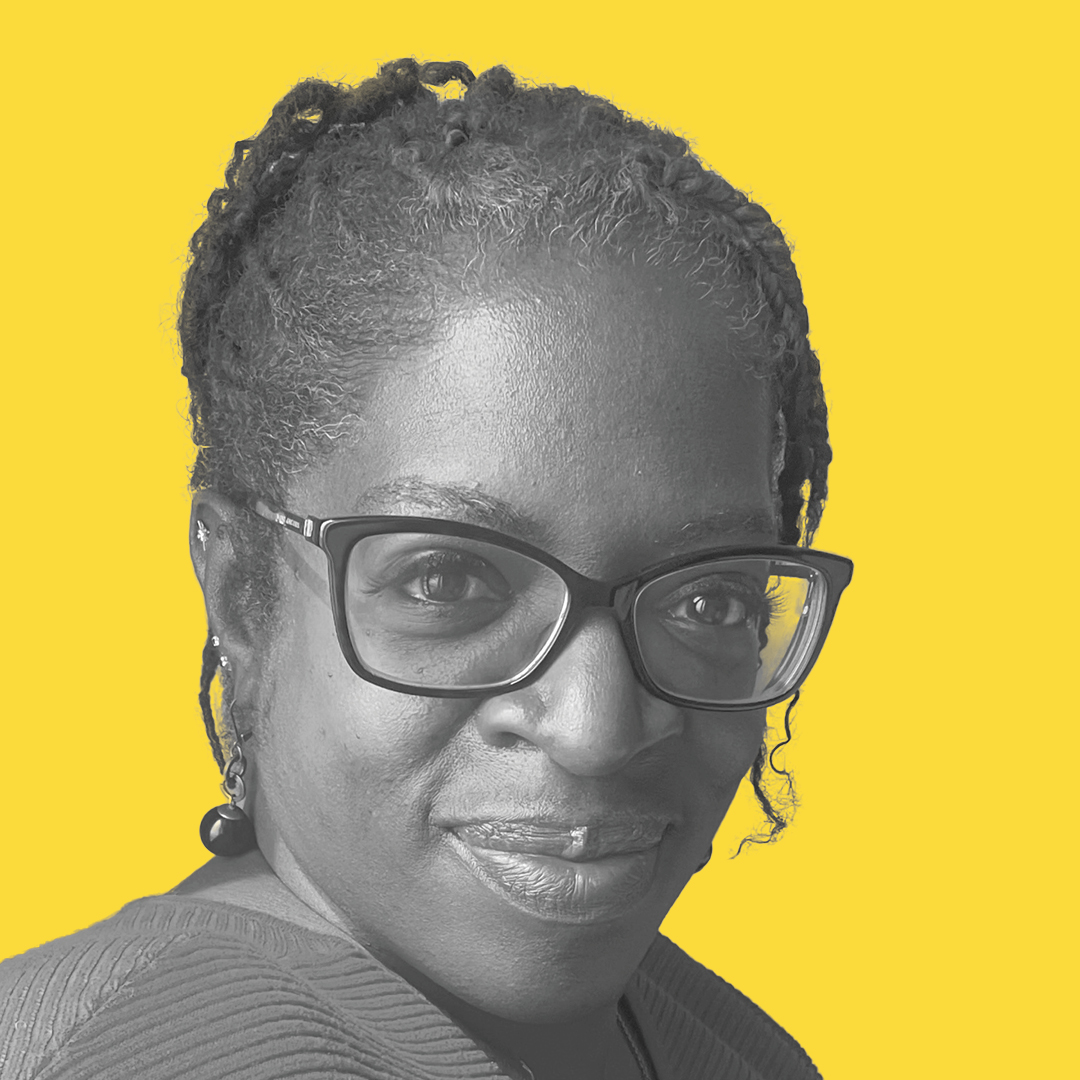
The responsibility of raising a family without a co-parent or financial support weighs heavily on Rita, who, like her mother and grandmother, began having children when she was a young teen. At age 24, Rita has 4 children. It’s her youngest daughter’s battle with cancer which ultimately shows Rita a power that she never knew she had.
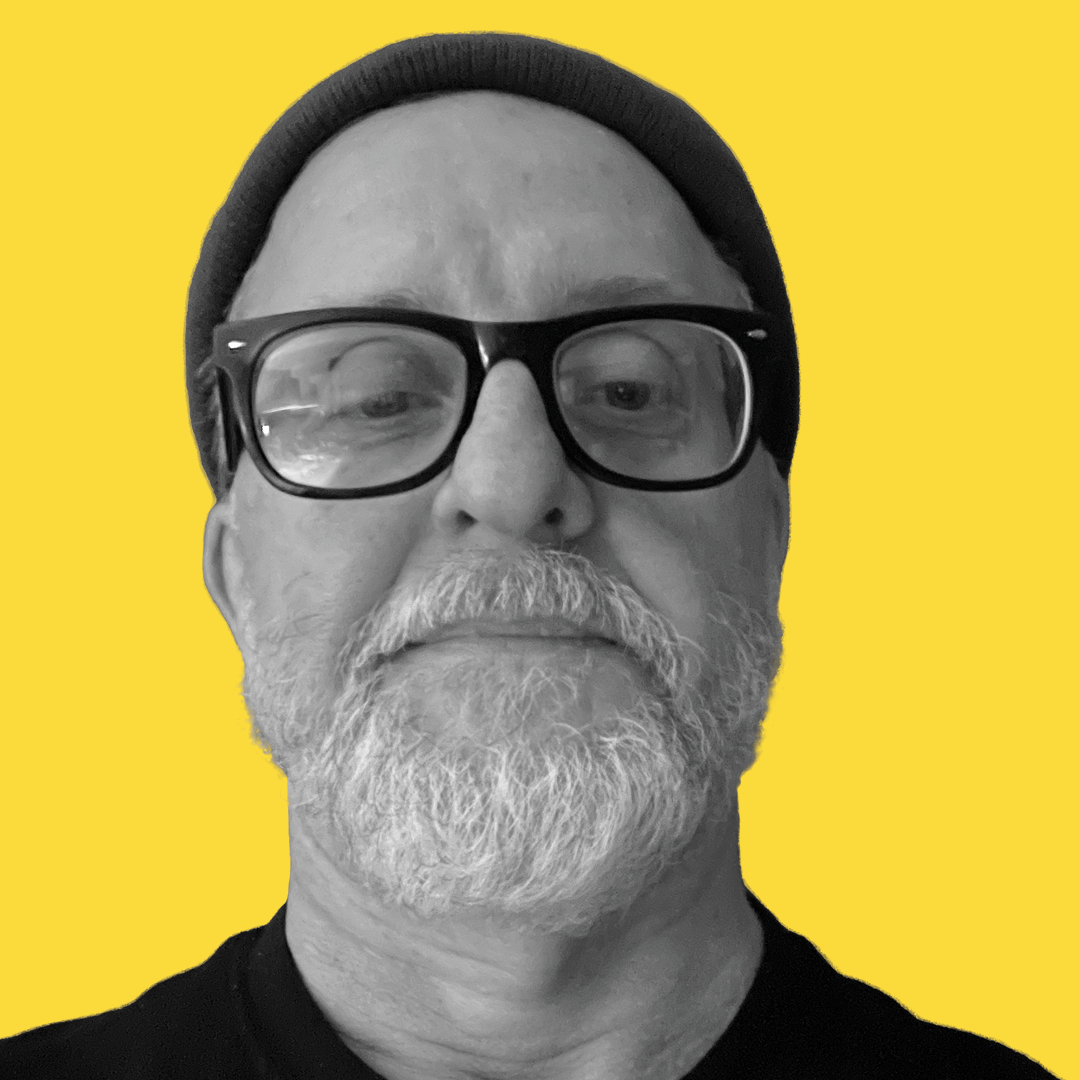
After 10 years of avoiding the truth, Brian is ready to apologize to an ex-girlfriend about his role in her decision to have an abortion, in the hopes that forgiveness can set them both free.

Crystal and her husband are thrilled to have found a baby to adopt. Though they have fully committed to this life-changing decision, the reality is that the choice is not theirs to make.
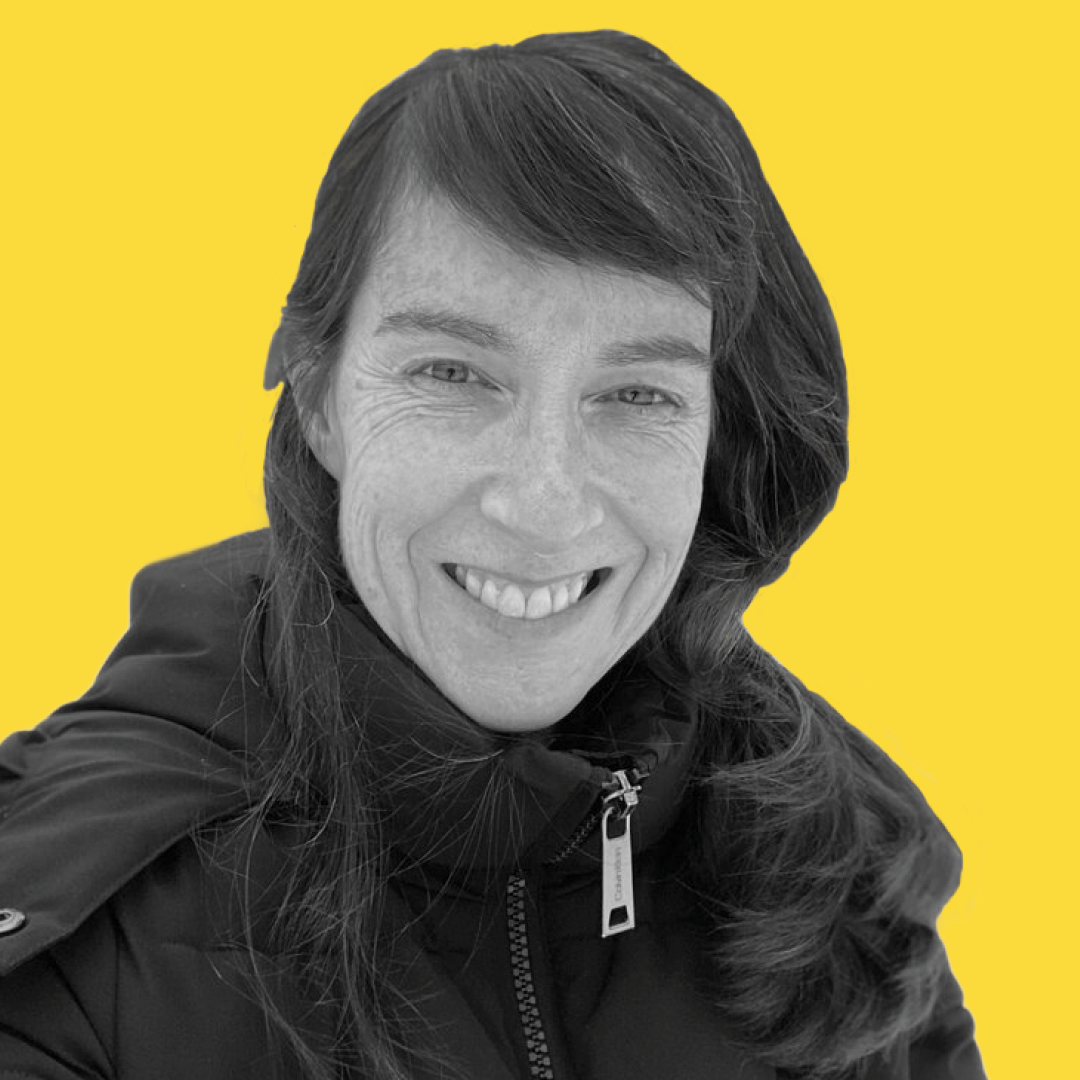
Stephanie has had her share of nightmare roommates, but nothing has prepared her for life in a house with two kids. Now, Stephanie comes to terms with all of the things she didn’t realize she had agreed to when becoming a parent: screaming, sleepless babies, pet emergencies, self care shortcuts, and parenting in the age of social media.

Mackenzie always wanted to have a baby, but at 21, knew the time wasn’t right. 13 years later, she has finally found a partner who she could envision parenting with. The only problem: a “dam in his vas deferens”.
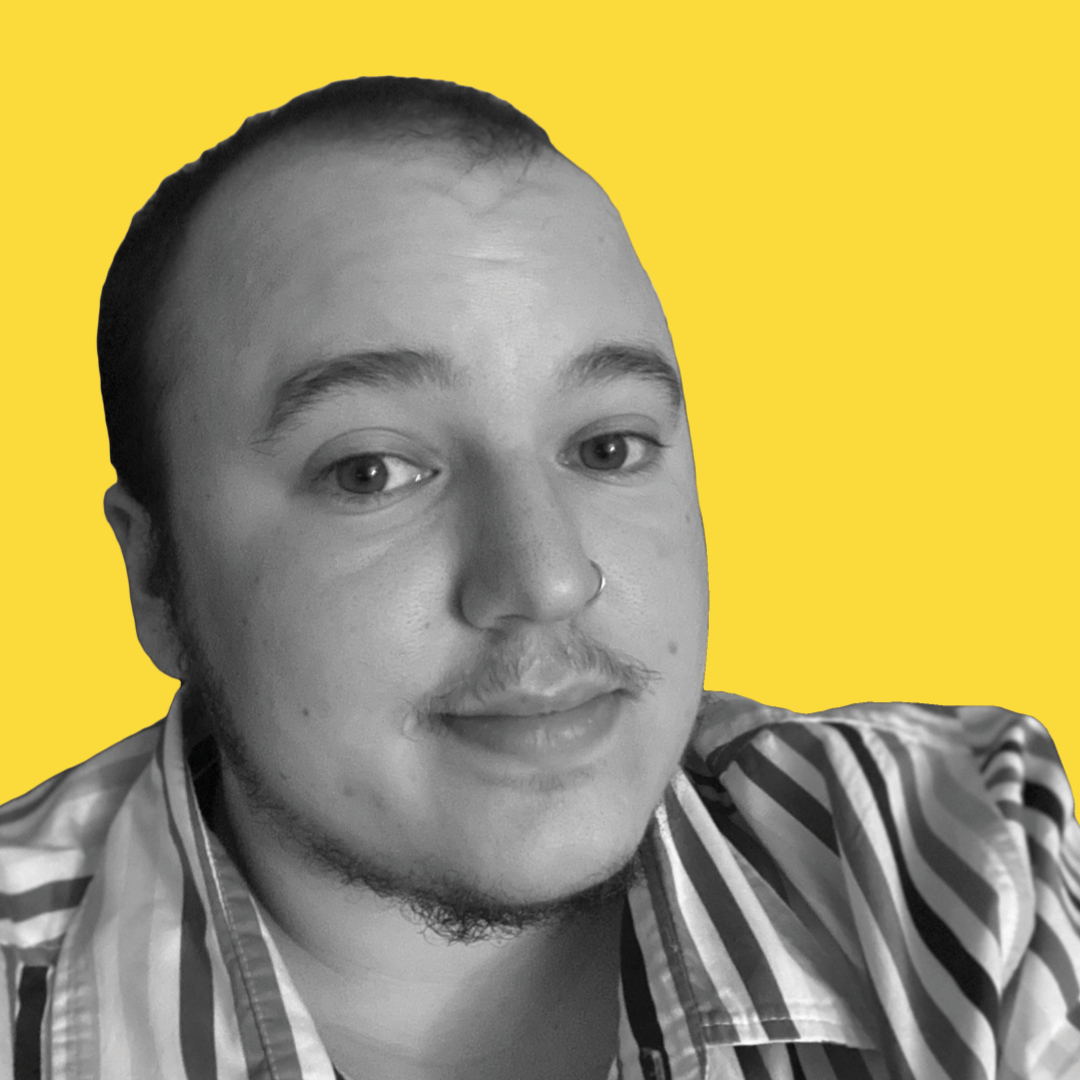
When a blundering, transphobic endocrinologist treats Raine like a research animal during a routine visit for a prescription hormone refill, he vows never to go back. Now, a medical emergency is forcing Raine to face his fear of doctors and advocate for the care he needs.
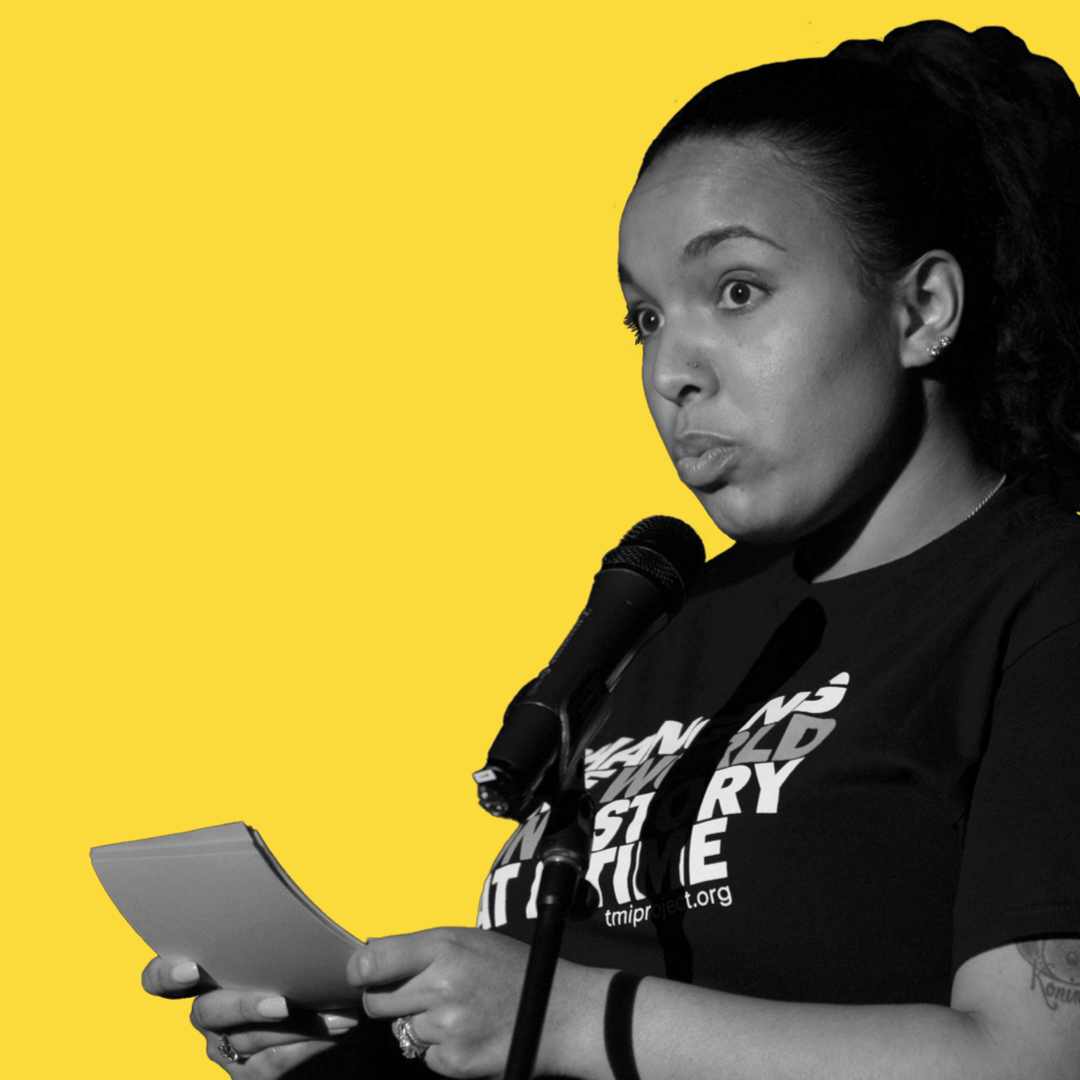
When Tamika is pregnant as a teenager, she stays silent about the hypocrisy of the church community members who judge her. Now, she tells her side of the story, and how she built a thriving life for her and her family despite the condemnation she faced then.
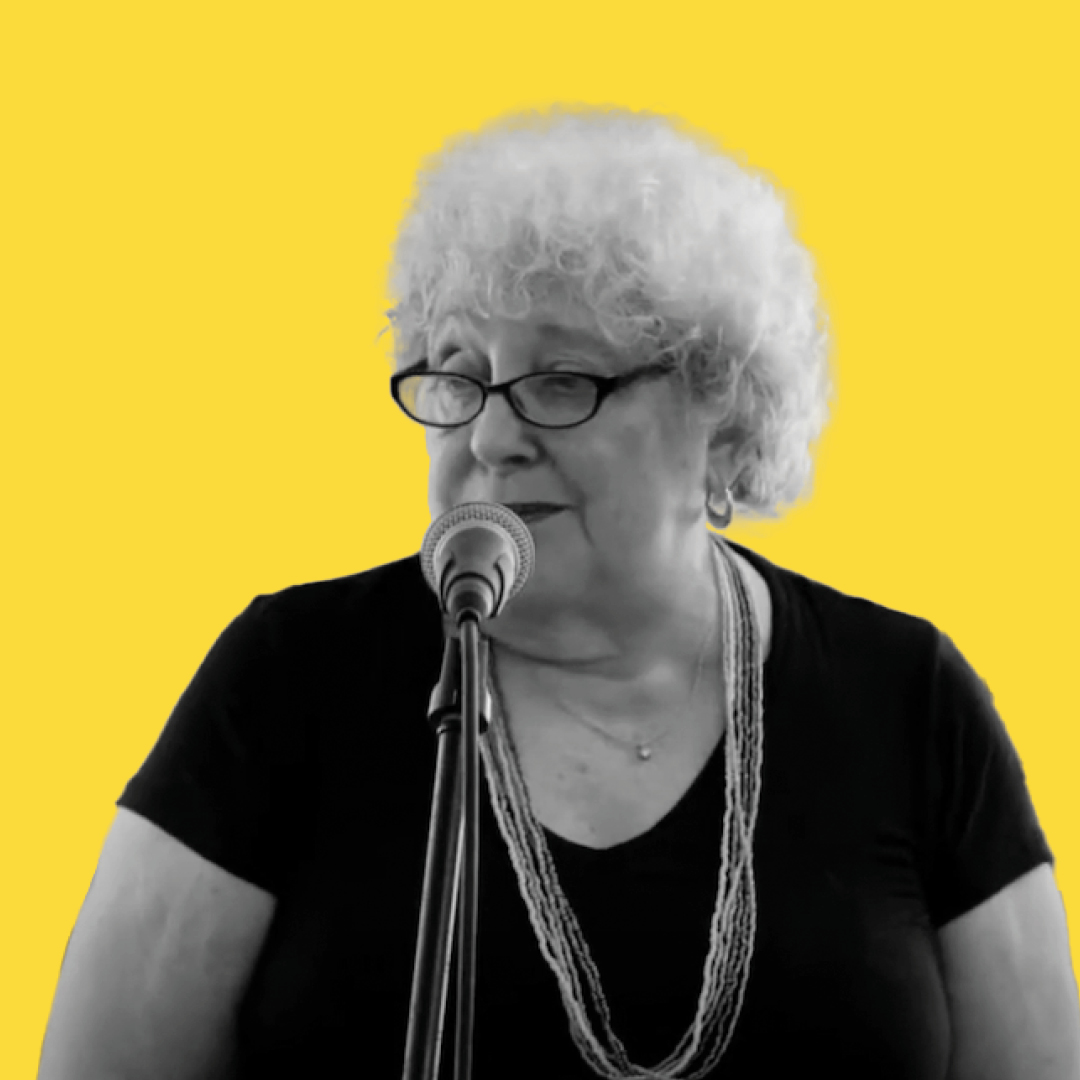
It is 1960 when Deborah gets pregnant after an awkward sexual experience with an older boyfriend. She finds a doctor to perform an illegal abortion. Three months later, she finds out the procedure did not go as planned. Deborah makes an agonizing choice, amidst a chorus of other people’s opinions on what to do.
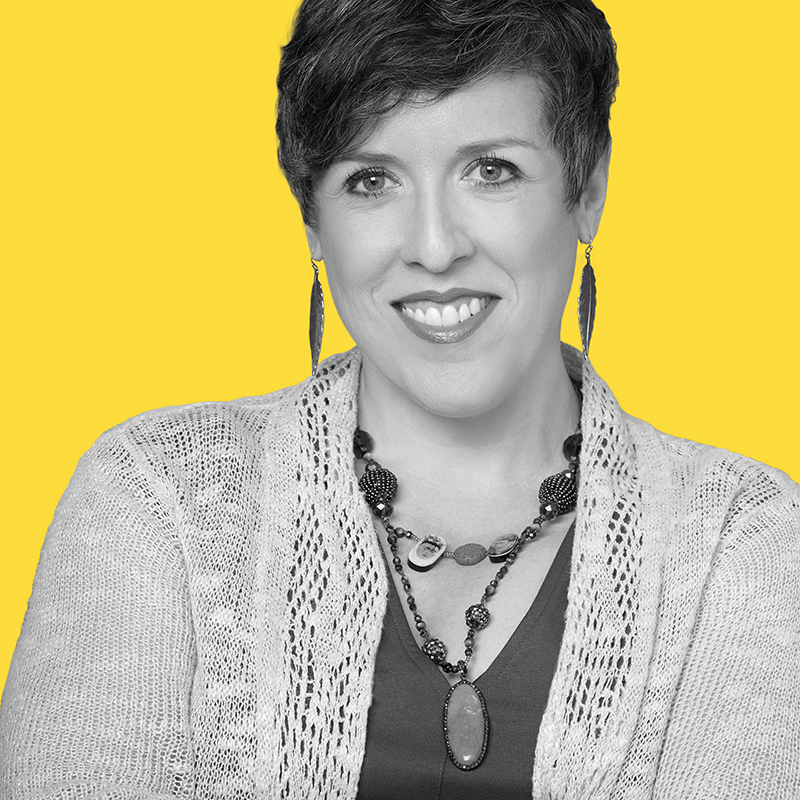
When Eva unexpectedly becomes pregnant during a summer of excessive drinking, she decides abortion is the right choice. Despite being adamantly pro-choice, the experience leaves her grieving. On her 24th birthday, the day after the procedure, she’s gifted a spiritual experience and temporary balm for the grief; a Prince concert.
Logos
